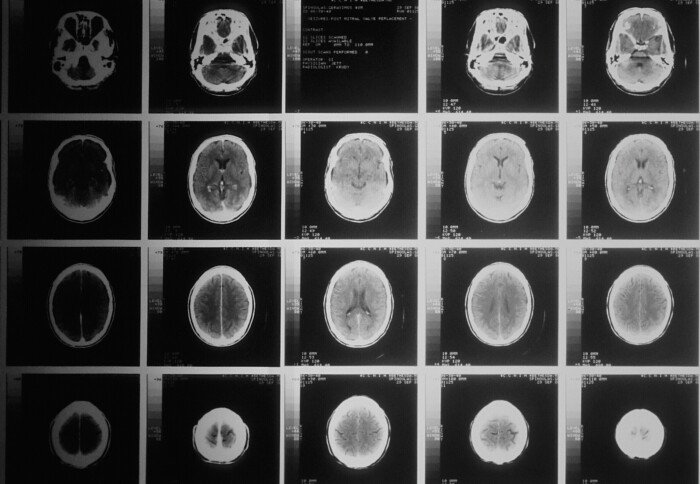New consortium launches to transform approach to Alzheimer's disease
by Jack Stewart

A new consortium is to offer healthcare providers with resources and interventions to help detect, diagnose, prevent and treat Alzheimer’s disease.
The AD-RIDDLE consortium of 24 partners, including Imperial College London, have announced a new initiative that aims to bridge the gap between Alzheimer’s research, implementation science, and precision medicine. The AD-RIDDLE programme will offer healthcare professionals a suite of validated solutions for timely detection and diagnosis of Alzheimer’s disease and dementias, to match individuals with the right interventions at the right time, enabling people to better understand what they can do to reduce risk and prevent cognitive decline.
Alzheimer’s disease represents a major public health challenge. In Europe alone, around 7 million people are living with Alzheimer’s disease, a figure that is expected to double by 2050. There is a pressing need for effective preventive, diagnostic and therapeutic solutions, implemented at scale, and for increased engagement of individuals and caregivers with disease prevention, management and care.
The advent of disease modifying therapies will lead to more people seeking diagnosis and treatment. While this initially represents an increasing cost to health systems and society at large, it also presents enormous potential for prevention, opportunities for more timely diagnosis and personalised treatment options, and overall health-economic benefits in the long term.
“With new research on the efficacy of multi-domain lifestyle interventions and the promise of disease-modifying therapeutics, there is renewed hope for patients, caregivers, and healthcare providers, and a window of opportunity for substantial progress,” said Miia Kivipelto, Professor, Research Director and Senior Geriatrician at the Karolinska Institutet and Karolinska University Hospital, Principal Investigator (PI) for the AD-RIDDLE project and Chair of Neuroepidemiology and Director of the Ageing Epidemiology Research Unit at Imperial. “AD-RIDDLE represents the greatest opportunity yet for cross-sector progress in Alzheimer's research and care.”
Thanks to funding from the Innovative Health Initiative (IHI) and UK Research and Innovation (UKRI) under the UK’s Horizon Europe funding guarantee, the AD-RIDDLE consortium will begin a five-year effort to transform how Alzheimer’s disease (AD) is detected, diagnosed, and treated across healthcare settings.
“Recent successes in trials of novel immunotherapies in the very early stages for Alzheimer’s disease highlight the need for early and accurate diagnosis, hence the urgent need for diagnostic and prognostic tools of proven validity and, also, accessible to the wider community. Our Ageing Epidemiology Research Unit, part of the School of Public Health and the Primary and Public Health Directorate of Imperial College NHS Healthcare Trust will actively contribute across all AD-RIDDLE worksteams, whose success will have a direct positive impact on early and accurate diagnosis of our own patients and across Europe” said Professor Lefkos Middleton, Chair in Clinical Neurology at Imperial College London.
The consortium unites academic and industry partners, healthcare providers, regulatory bodies, and patient organisations, bringing together a mix of world-class research, clinical practice, diagnostics, advanced analytics and data platform capabilities to the project. AD-RIDDLE builds on existing technology, biomarkers, tools, and interventions, many developed by the consortium partners through prior EU-funded initiatives, including studies building on Professor Kivipelto’s groundbreaking FINGER research.
Article text (excluding photos or graphics) © Imperial College London.
Photos and graphics subject to third party copyright used with permission or © Imperial College London.
Reporter
Jack Stewart
School of Public Health